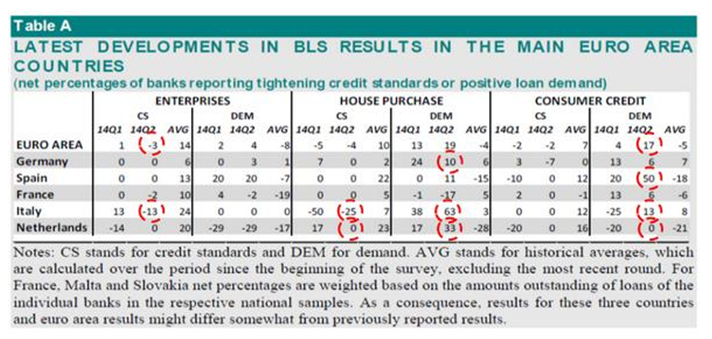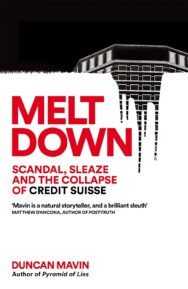Szwajcaria dwa lata po upadku Credit Suisse
Kategoria: Analizy
The ECB reported its Q2 bank lending survey results today and there was much good news. Banks eased their lending standards for the first time since in seven years and the net land demand improved in all categories. Even though the ECB acknowledged that lending standards remain „relatively tight”, the modest relaxation is a welcomed development. That the tightening of credit standards ended and banks reported a small overall increase in risk-weighted assets may suggest that at least some banks have completed their de-leveraging.



